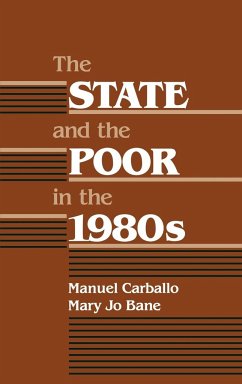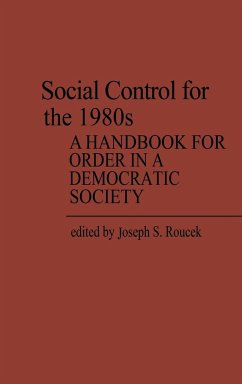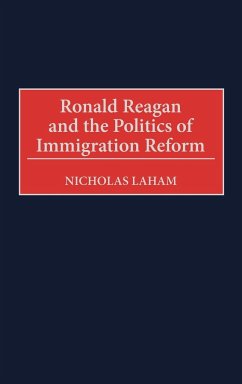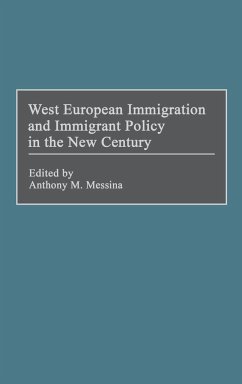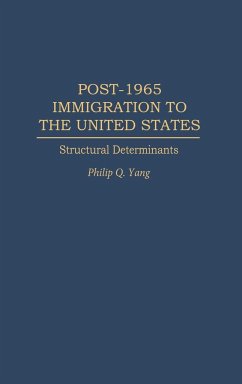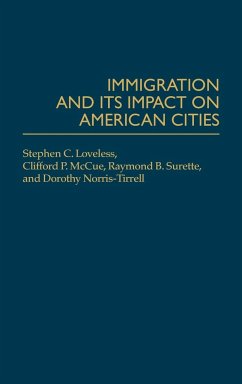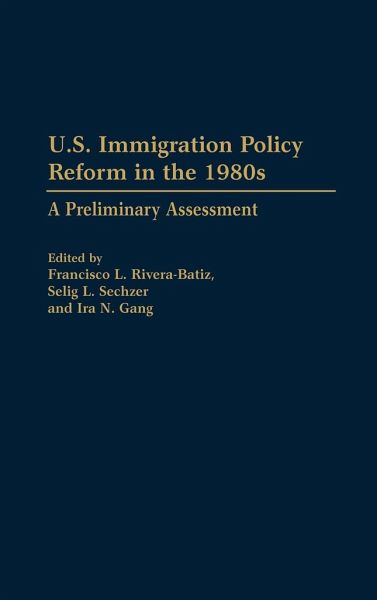
U.S. Immigration Policy Reform in the 1980s
A Preliminary Assessment
Herausgeber: Rivera-Batiz, Francisco L.; Gang, Ira; Sechzer, Selig L.
Versandkostenfrei!
Versandfertig in 1-2 Wochen
69,99 €
inkl. MwSt.

PAYBACK Punkte
35 °P sammeln!
Using the most current data available, the essays collected here offer a timely assessment of the impact of the Immigration Reform and Control Act of 1986 (IRCA), which constitutes the most significant U.S. immigration policy initiative of recent years. The contributors--all well-known researchers active in analyzing immigration issues--examine such key questions as: How has the implementation of IRCA proceeded? What have been its effects so far? Have the goals of the immigration policy reform been fulfilled? What potential impact on the U.S. economy can the policy reforms be expected to have ...
Using the most current data available, the essays collected here offer a timely assessment of the impact of the Immigration Reform and Control Act of 1986 (IRCA), which constitutes the most significant U.S. immigration policy initiative of recent years. The contributors--all well-known researchers active in analyzing immigration issues--examine such key questions as: How has the implementation of IRCA proceeded? What have been its effects so far? Have the goals of the immigration policy reform been fulfilled? What potential impact on the U.S. economy can the policy reforms be expected to have over the next few years? Taken together, their essays provide a comprehensive picture of the state of the art in the area of immigration policy research and a first look at the actual effects of IRCA on undocumented immigration to America. Each chapter analyzes a particular aspect or aspects of IRCA. Francisco Rivera-Batiz begins with an introduction and overview of U.S. immigration policy reform in the 1980s. Michael Hoefer then describes in detail the provisions of IRCA and shows how the law has been implemented to date. In the next essay, Barry Chiswick analyzes the effectiveness of the employer sanctions mandated by the bill. Subsequent chapters examine such issues as the critical role played by undocumented workers in the agricultural sector of the U.S. southwest, substitution and complementarity between immigrant and native labor, and the economic implications of immigration law reform. The contributors are united in the view that IRCA has worked well in its legalization aspects, reaching a large portion of the undocumented population. They raise questions about the employer sanctions provisions, however, and express doubts as to whether IRCA can be expected to have any major constraining effect on illegal immigration over the next few years.



